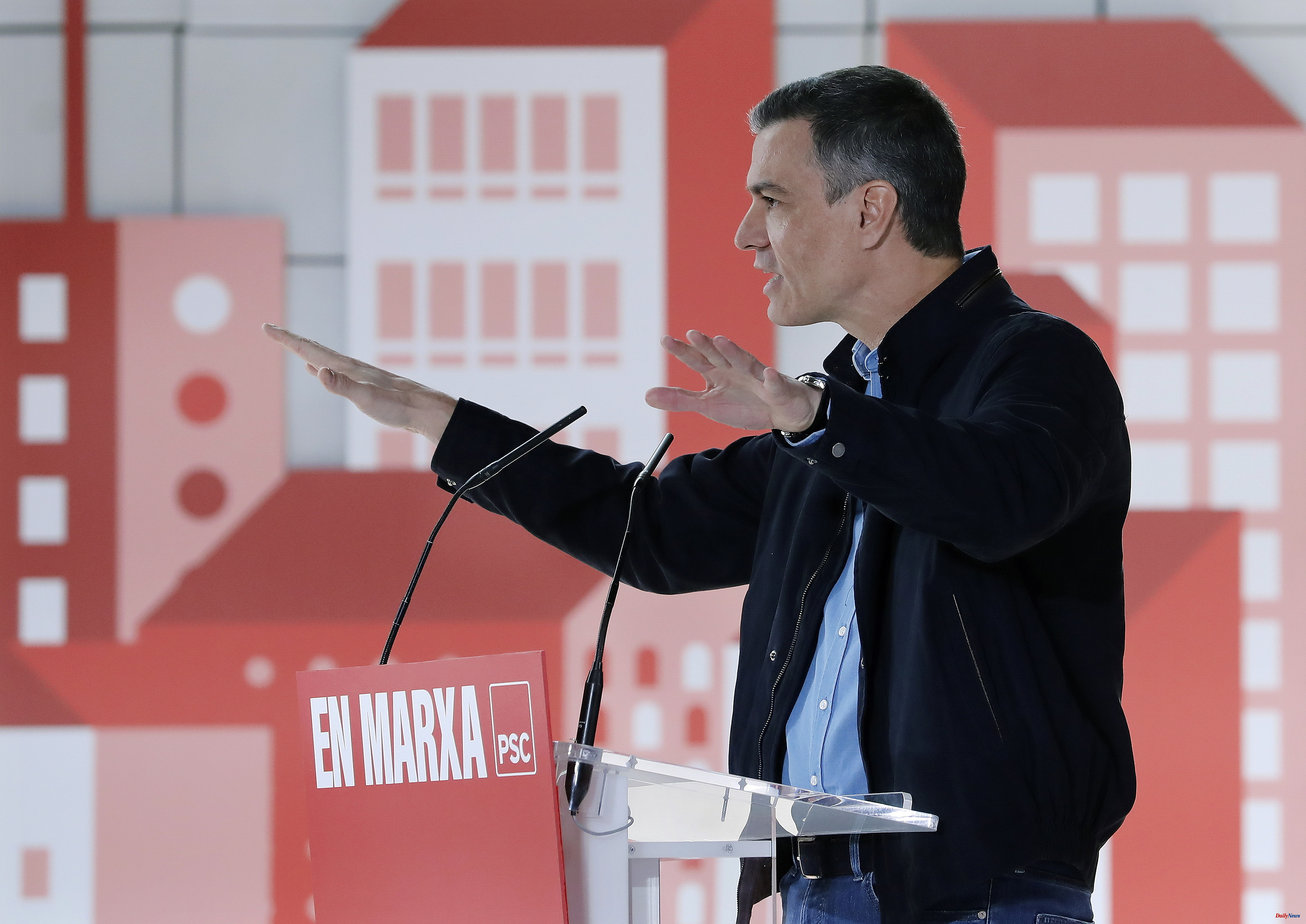Since Pedro Sánchez became President of the Government on June 1, 2018, his Government has broken a record in the use of the decree-law formula. It is the simplest system that the Executive has to carry out its legislative initiatives in exchange, yes, for skirting the parliamentary debate in the Cortes.
The President of the Government has approved since June 2018, that is, in less than five years of governance, a total of 138 decree laws. The data shows that the UCD government, chaired by Adolfo Suárez, approved a total of 51 decree-laws throughout his term. For their part, the governments of Felipe González, for 14 years, resorted to the use of this legal formula on 129 occasions. Meanwhile, when José María Aznar was President of the Government for two complete legislatures, the number of decrees rose to 130. During the seven years of the Government of José Luis Rodríguez Zapatero, a total of 108 were evacuated. Finally, between 2011 and June 2018, the governments of Mariano Rajoy validated a total of 127 decree-laws.
During the XII Legislature, the Socialist Executive resorted on 35 occasions to the use of the decree law in a period of 10 months. The first one he signed was on 4/2018 on the legal regime applicable to the appointment of the Board of Directors of the RTVE Corporation and its president. In 2018, 28 decree-laws were reached, the last being for the revaluation of public pensions and other urgent measures in social, labor and employment matters. In other words, during the first seven months that Sánchez was in power, the Government approved 25 decree-laws.
He has approved 138 in less than five years since he arrived at Moncloa
For his part, before the Parliament was dissolved at the beginning of 2019, the president resorted to the use of this legal formula on 10 more occasions. Already in office, his government approved another 11 decrees within a period of 10 months. Among them, Royal Decree-Law 8/2019, of March 8, on urgent measures for social protection and the fight against job insecurity.
For its part, since the current legislature began in January 2020 until March 16, the coalition government between PSOE and Unidas Podemos has approved a total of 93 decree-laws, including the last one on the pension reform.
Although it is true that the present legislature began with the outbreak of the Covid-19 pandemic, a circumstance that justified greater use of the decree-law formula due to the urgent and extraordinary need for the measures that the Executive Branch had to approve, It is also true that Moncloa has resorted over the last three years to this formula over and over again to carry out far-reaching legislative initiatives.
Some are as marked as the labor or pension reform
For example, it did so when it approved the labor reform through this legal figure (Royal Decree-Law 32/2021, of December 28, on urgent measures for labor reform, the guarantee of job stability and the transformation of the labor market), the new contribution system for the self-employed (Royal Decree-Law 13/2022, of July 26, which establishes a new contribution system for self-employed or self-employed workers and improves the protection due to cessation of activity) or, more recently, with the aforementioned pensions. In other words, it has been characterized by repeatedly resorting to the use of the decree-law and has also used it qualitatively, to give the green light to legal changes that should have been thoroughly examined by Congress and the Senate.
The current TC has just dismissed an appeal against the abuse of the decree
The doctrine of the Constitutional Court maintains that for the assumptions of the constitutional use of the decree-law to concur, there must be a connection between the emergency situation defined by the Government of the day and the specific measure approved.
The court of guarantees, which on multiple occasions has declared the use of this legal formula by successive executives unconstitutional, has established that it is up to the respective governments to prove the concurrence of the enabling budget in the emergency rule.
However, the TC chaired by Cándido Conde-Pumpido dismissed the unconstitutionality appeal filed by the PP against decree-law 6/2019 on urgent measures to guarantee equal treatment and opportunities between women and men in employment and the ocupation. This sentence had a strong individual vote from the minority sector of the Constitutional Court -that is, from the four conservative magistrates who currently make up the body-, where they stressed that "the decree-law is neither an alternative to the law nor does it become a Act of Parliament after its validation.
According to the criteria of The Trust Project












